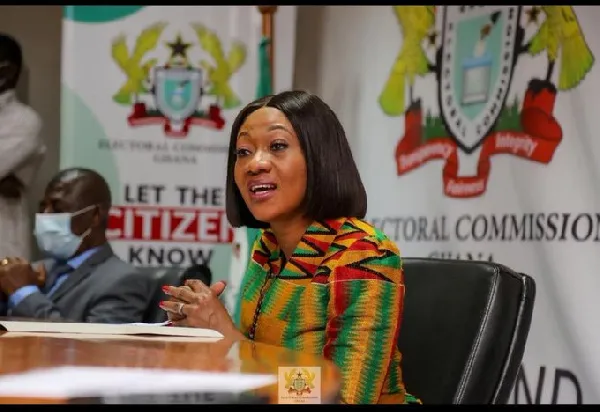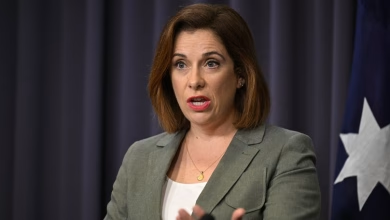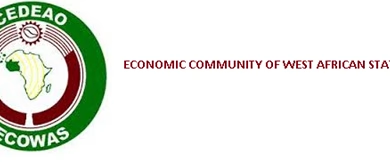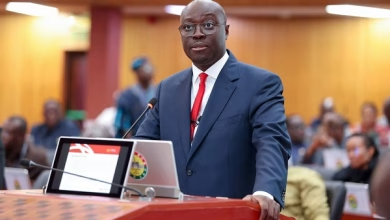Disqualified Presidential Aspirants Didn’t Meet Eligibility Criteria – EC

- EC disqualifies presidential aspirants over form errors.
- Affected candidates include PNC, PNP, and PPP members.
- Candidates failed to correct errors despite ample time.
- Disqualification ensures electoral fairness and transparency.
The Electoral Commission (EC) of Ghana has announced the disqualification of several presidential aspirants from the upcoming December 7, 2024, elections. This decision was made due to the aspirants’ failure to correct errors on their nomination forms, as revealed by EC Chairperson Jean Mensa during a press briefing in Accra on Friday.
According to the EC, all disqualified candidates were given sufficient time to address the issues identified in their submissions but were unable to meet the requirements. This decision affects various candidates, including Bernard Mornah of the People’s National Convention (PNC) and Janet Nabla of the People’s National Party (PNP).
Other disqualified candidates include Nana Stephens Adjepong, Paul Perkoh, James Kwesi Oppong, John Enyonam Kwakwu Kpikpi, Dr. Samuel Sampong Ankrah, and Nii Amu Darko. Additionally, Samuel Apea-Danquah, Desmond Abrefah, and Kofi Asamoah Siaw of the Progressive People’s Party (PPP) were also disqualified from the race.
The EC emphasized that the disqualification process was carried out in accordance with electoral regulations, ensuring fairness and transparency throughout the process. For instance, Samuel Apea-Dankwa was required to resolve issues such as not filing a tax certificate for his Vice Presidential candidate and incomplete particulars for some of his supporters.
Unfortunately, despite being given the opportunity to correct these errors, Apea-Dankwa was unable to do so, leading to his disqualification. This decision highlights the EC’s commitment to upholding electoral regulations and maintaining the integrity of the electoral process.
The disqualified candidates were given ample time to rectify the errors, but their failure to do so has resulted in their exclusion from the upcoming elections. This decision is final and binding, as per the electoral regulations.
It’s worth noting that electoral fraud and manipulation can take many forms, including voter intimidation, disinformation, and coercion. However, in this case, the EC’s decision was based solely on the aspirants’ failure to meet the necessary requirements.
The EC’s emphasis on fairness and transparency is crucial in maintaining public trust in the electoral process. By upholding electoral regulations, the EC ensures that the elections are free from manipulation and irregularities.
As the December 7 elections approach, the EC’s decision serves as a reminder of the importance of adhering to electoral regulations. The commission’s commitment to fairness and transparency will be closely watched by the public and international observers.
In conclusion, the EC’s disqualification of several presidential aspirants underscores the importance of electoral integrity and adherence to regulations. This decision sets the stage for a fair and transparent electoral process in Ghana.






